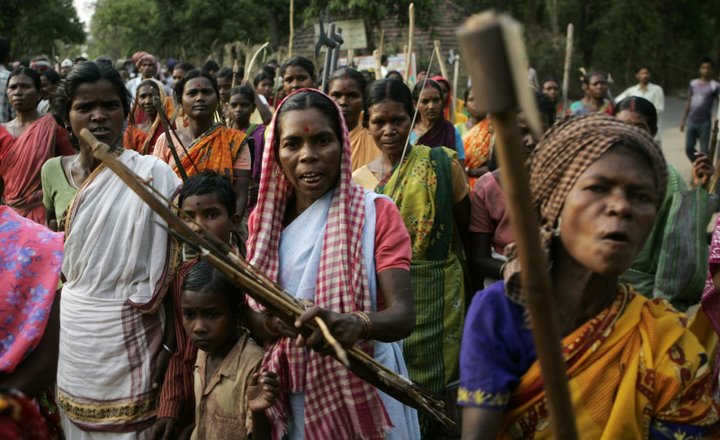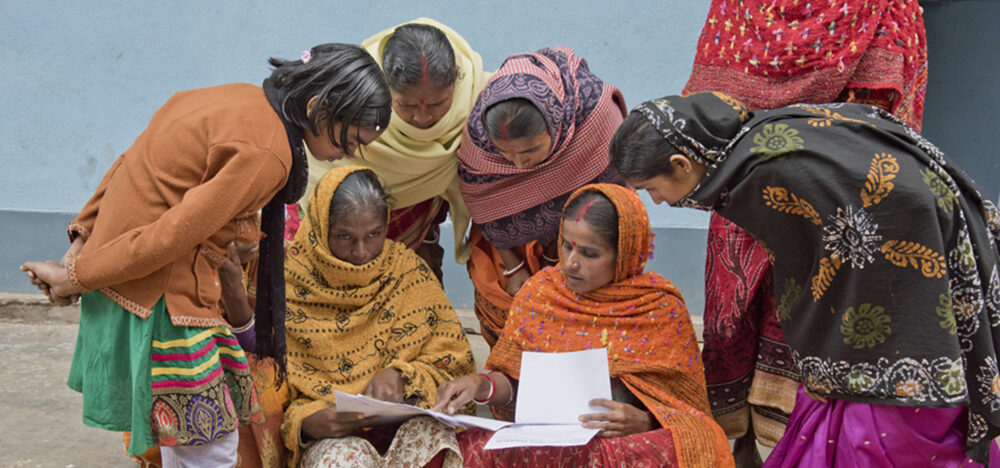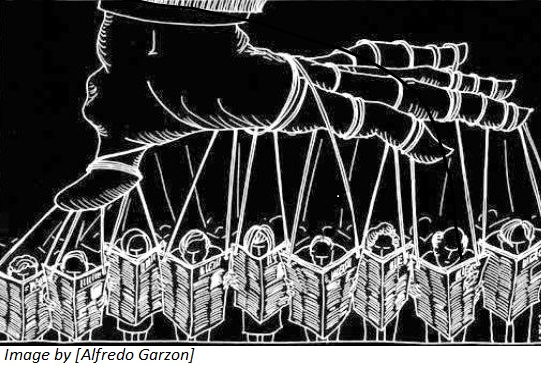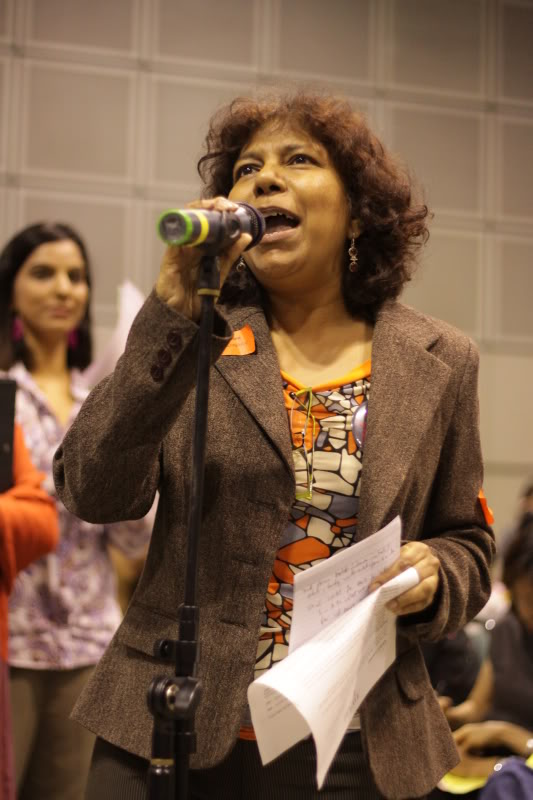
My work in Santali communities in what is now described as Jangalmahal started in the mid-1990s, attempting to understand the communicative production of marginalization. This work was driven by the questions: What is the role of communication in producing material marginalizations of Santalis? How does communication work to reproduce these forms of marginalization? What are the imaginaries of resistance articulated in the backdrop of such marginalization?
These questions and the emerging ideas formed the bases of the culture-centered approach (CCA), attending to the role of communication as an instrument for perpetuating power and for reproducing the marginalization of indigenous communities. The communicative disenfranchisement of indigenous communities is deeply intertwined with their material disenfranchisement. The struggles against displacement, exploitation, and erasure from sites of access to resources mirror the indignities, stigmas, and erasures experienced by Santalis.
Between 2008 and 2012, Jangalmahal witnessed resistance organizing across various spaces. Our community-engaged work of building infrastructures for democratic participation took the form of witnessing the violence, the role of the state, and the many ways in which resistance emerged in this backdrop. While the resistance was narrativized in an essentialized story of Maoist violence, the ongoing fieldwork of CARE points to a much more complex story, with multiple sites of voice making and story telling.
In the post-2012 work of CARE in Jangalmahal, we have been collaborating with Santali communities in building communicative infrastructures for voice. The struggles for voice and democratic opportunities for participation present ongoing challenges in the backdrop of a development model that is targeted specifically at the margins of Jangalmahal.
The following piece co-authored with Dr. Subhasish Ray outlines this ongoing struggle for voice in the backdrop of the state-driven development model.
https://www.tandfonline.com/doi/full/10.1080/14672715.2017.1415762


